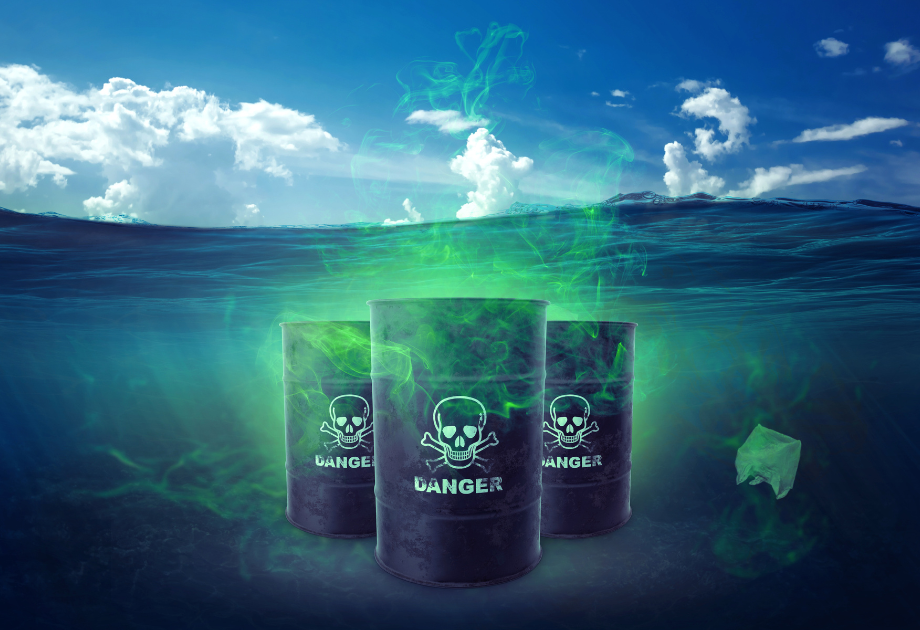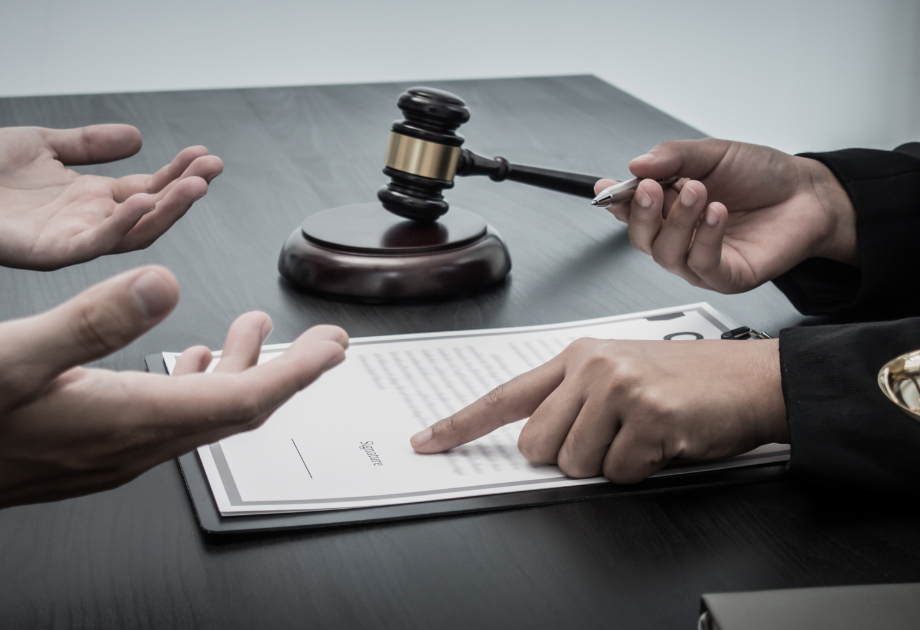Household Hazardous Waste: What It Is and How to Get Rid of It
.jpg)
Every home has them—those half-used paint cans in the garage, expired cleaning chemicals under the sink, or old gasoline sitting in the shed. Many people don’t think twice before tossing these items in the trash or washing them down the drain. But improper hazardous waste disposal doesn’t just impact your home—it threatens public health, contaminates natural resources, and can even lead to hefty fines.
Knowing how to handle hazardous material disposal protects your property, your community, and the environment. The good news? You don’t have to tackle it alone.
Let’s explore what makes waste hazardous, the risks of improper disposal, and the best ways to ensure it’s handled safely.
What’s Lurking Under Your Sink? Understanding Hazardous Waste
That bottle of acetone, the lithium batteries in your junk drawer, the leftover hair bleach from last year’s DIY disaster—these everyday items are examples of hazardous wastes that can be found in homes. But what makes something hazardous?
Household hazardous waste (HHW) includes products with properties that make them toxic, flammable, corrosive, or reactive. Unlike regular trash, these materials require special disposal methods to prevent harm.
A separate category, known as universal waste, includes widely used hazardous materials such as batteries, fluorescent bulbs, and specific pesticides. While universal waste is subject to fewer restrictions, it still requires proper handling.
A good rule of thumb: if a label includes words like toxic, explosive, combustible, or corrosive, it likely falls under hazardous garbage. Disposing of these materials incorrectly can create serious problems. Faith Environmental Crime Scene Cleanup provides professional property cleanup services that remove hazardous waste safely and efficiently.

The Silent Threat: How Improper Disposal Puts Your Health and Home at Risk
Dumping hazardous waste into regular trash bins or washing it down the drain doesn’t make it disappear—it creates long-term risks. Toxic chemicals seep into the soil, flammable materials ignite unexpectedly, and airborne contaminants pollute indoor spaces.
The Environmental Protection Agency (EPA) has identified 1,684 hazardous waste sites across the U.S. where contamination from improper disposal has created health risks. Even more alarming, over 245,000 children live in areas exposed to high levels of lead from hazardous waste pollution.
Exposure to these substances has been linked to neurological damage, respiratory illnesses, and environmental devastation. Failing to follow safe hazardous material disposal practices puts your family and community at risk. Professional sanitation and disinfecting services can help mitigate contamination before it spreads.
Don’t Dump It! Smarter Ways to Get Rid of Hazardous Waste
So, what’s the safest way to get rid of these dangerous materials? Some of the best options include:
- Drop-off locations – Many communities offer collection sites for materials such as paint, motor oil, and old electronics.
- Recycling programs – Some items, including batteries and fluorescent bulbs, have designated recycling options that reduce environmental impact.
- Professional cleanup services – For larger quantities or high-risk substances, companies like Faith Environmental Crime Scene Cleanup provide hazardous material cleanup and disposal that meets all safety regulations.
Some disposal methods depend on the specific type of waste:
- How to dispose of old gasoline – Many automotive stores and waste facilities accept gasoline for safe disposal. Pouring it down the drain creates serious hazards.
- How to dispose of paint – Dried latex paint may be acceptable in the trash, but oil-based paints must go to a hazardous waste facility.
- How to dispose of batteries – Rechargeable batteries contain heavy metals that can leach into the environment. Local recycling programs offer safer disposal options.
Not sure where to go? Contact us for expert guidance on hazardous waste disposal and solutions tailored to your needs.

The Rules You Can’t Ignore: Hazardous Waste Disposal Laws
Disposing of hazardous materials isn’t just a matter of safety—it’s the law. Federal, state, and local regulations govern proper handling to protect the environment and public health.
The EPA outlines clear guidelines for hazardous waste disposal, requiring businesses and homeowners to follow strict protocols. Failing to comply can result in penalties, liability issues, and environmental damage.
Regulations vary by location, but Faith Environmental Crime Scene Cleanup is well-versed in compliance, making certified crime scene cleanup and hazardous waste removal hassle-free for our clients.
Why Leave It to the Pros? The Benefits of Professional Cleanup
While some hazardous materials can be dropped off at collection sites, others require professional handling. Hiring experts ensures safe, thorough disposal while eliminating the guesswork.
Professional hazardous material disposal services offer:
- Regulatory compliance – Avoid fines by following all legal disposal requirements.
- Environmental protection – Professionals use advanced containment and removal methods to prevent pollution.
- Safety assurance – Experts have the proper equipment and training to handle toxic, flammable, or reactive substances.
Faith Environmental Crime Scene Cleanup specializes in crime scene cleanup services, which means we have extensive experience handling hazardous materials safely and efficiently.
Safe Hazardous Waste Disposal Made Simple with Faith Environmental Crime Scene Cleanup
Ignoring household hazardous waste disposal can have serious consequences—but safe, professional solutions are just a call away.
Faith Environmental Crime Scene Cleanup offers expert hazardous waste removal, ensuring that your home, business, or property remains safe and compliant with all regulations. Available 24/7/365, we handle everything from hazardous chemical disposal to full-scale environmental cleanup.
Don’t risk the health of your home or community. Contact us today to schedule a consultation and let our team handle your hazardous waste safely and professionally.
Looking for more ways to keep your property clean and safe? Read our blog on estate clean-outs for expert guidance on large-scale property cleanups.

